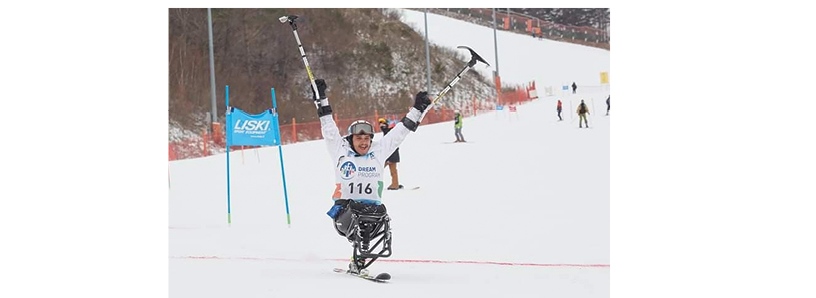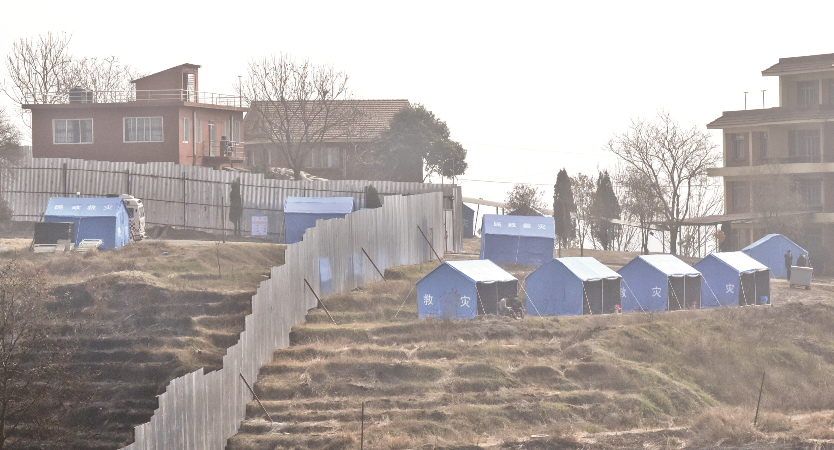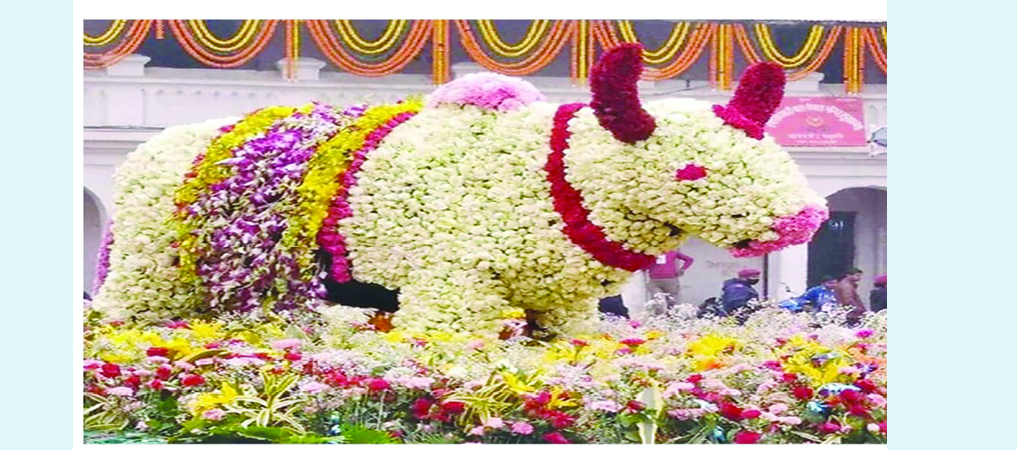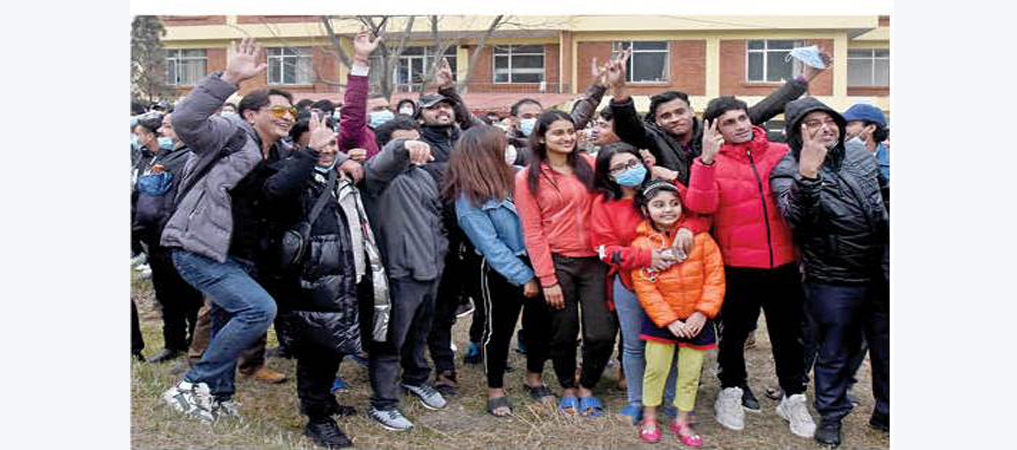Inspiring Women
Aayushi’s business of her own: Making cash out of trash
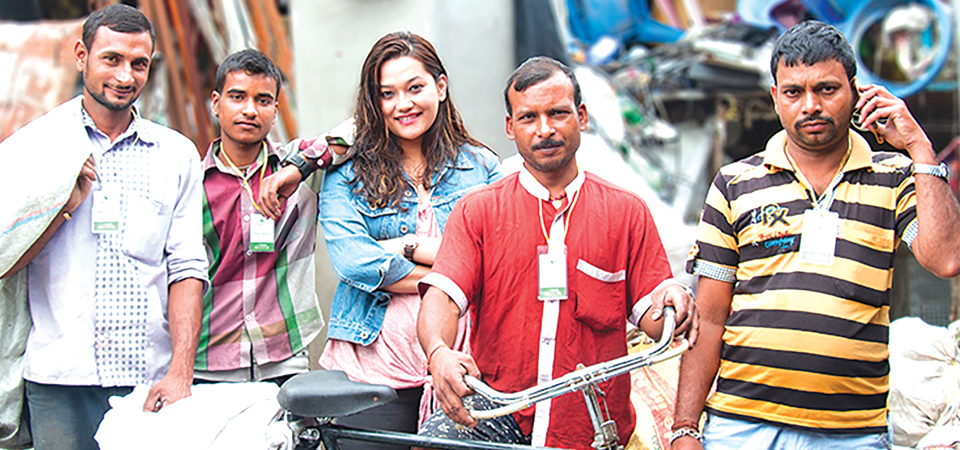
By Sampada A. Khatiwada
Kathmandu, Mar. 8: Here is a woman of different vision who can see money lying in the dustbins. Many people may dismiss her idea as rubbish but she thinks collecting and selling recyclable trash can change the lives of many and make the environment cleaner. She has put herself in a place where she can add value to the refuse in the bins, and convert it into cash and share the dividends to the recyclable collectors and buyers.
With her innovative eye to business, Aayushi KC has been able to establish herself as an inspiring figure of work and entrepreneurship. She is the founder of Khaalisisi.com, a digital platform-based company that connects garbage sellers to buyers. She calls the trash buyers her Khaalisisi friends. Literally, Khaalisisi are the empty bottles thrown in garbage heaps but Aayushi has shown that they are not empty, but cash-full.
A budding woman entrepreneur in her early 30s, Aayushi has been listed in Forbes 30 Under-30 Social Entrepreneurs.
Through her waste recycling platform, she has created a network of over 250 Khaalisisi friends who are provided with uniforms and identity cards. The waste sellers contact Khaalisisi.com to sell their waste and the Khaalisisi friends are mobilised to buy the waste. By creating a win-win business situation for the sellers and buyers, Aayushi's company earns a commission. Her start-up venture has enabled her to earn while helping the recyclable trash collectors so they no longer have to roam around the alleys of the city shouting at the top of their voice.
Remark of skepticism
But it was not easy for Aayushi to create an identity of herself and of khalisisi.com. "When I came up with this outlandish concept of sustainable entrepreneurship, people didn’t use to take me seriously. My idea of making money from waste was often laughed at," she says. "When I reached out to my first Khaalisisi friend to talk about my business idea he asked me where the 'Sir' was," as if a woman was unworthy of doing something like this.
People, especially women, have to face a lot of skeptical remarks when they attempt to start something new on their own and I was no exception. As start-up is all about risk-taking, numerous mental and physical challenges came my way. Focusing on one’s own business was the only way to overcome the discouraging remarks or biased attitude. "Rather than fighting the biases, if we put our efforts in materializing our business at hand, our work will speak for ourselves," Aayushi says.
Aayushi’s friends, who used to look for 'Sir', or the male figure commanding trust, are surprised. Now they are making 35 to 38 per cent more income.
"They used to hide about their work back home as collecting garbage is not considered to be a dignified job. Now that they are collecting waste from different embassies, schools and hotels, and there has been a boost in their occupational confidence," she says. They now visit schools to train children about managing their own waste. The realisation that they are actually creating an economy out of waste has enabled the collectors to have a positive attitude towards work.
Women in start-up
There are a lot of innovative minds full of ideas for start-ups but there is not enough opportunity for women to implement their ideas. Statistics show that girls outperform boys in schools and academics but why do boys outperform girls in work? This is the question that puzzles Aayushi. She explains this conundrum this way, “There is a dearth of opportunity for girls to implement their ideas. Also, girls may lack confidence in building that 'risk-taking' attitude. However, this cannot be generalised."
For Aayushi, there are a lot of problems that women have to face while venturing out to their business. "The gap between believing in ourselves and risk-taking stands as the biggest hurdle. The three Ms in women's life men, marriage, and motherhood - pose top challenges to go out and work," she says.
Women in business are not taken seriously as they're regarded as the secondary income source. The government-made policies for the promotion of women entrepreneurship also go largely unimplemented. So, people are reluctant to jump in to invest in a woman-led business. "Unethical proposals, time constraints, and safety issues stand as barriers for women to implement their innovative ideas for start-ups," Aayushi says.
"Not only investments, women wishing to start any venture need network and guidance. Also, all the businesses are mostly urban- and Kathmandu-focused which looks glamorous. But it is high time the media focused on the limelight to enable women from across the nation to showcase their ideas," said Aayushi.
Digital empowerment
As more than half the population of Nepal is women, there is no way out other than women empowerment to ensure a sustainable economy.
Aayushi believes that this is the right time to end the digital divide and start a movement to promote women's empowerment. "Nepal's internet penetration has spiked to over 80 per cent. Thus, a digitalised approach can go a long way in empowering women, especially from the rural areas. There is wider scope where women won’t have to confine themselves to agriculture, knitting, sewing and cooking."
The internet platform can be used to create more women-friendly networks and mentors. "For instance, women from Darchula can be mentored remotely from the capital," she said. Women in this era must feel that they are digitally empowered to take over the world.
Many of Aayushi's garbage buyers are from the Terai region where boys are given preference to girls. She plans to establish a small fund and use it to educate the girls of her Khaalisisi friends. She also has a plan to build a platform where it becomes easy for women to access women leaders from which a pool for mentoring can be created. Aayushi thinks that every independent woman must take the responsibility of empowering other women who are not as privileged as them because a woman understands another woman better than anybody else.
(The Rising Nepal will be featuring Nepali women of substance regularly. This is an initiative to recognise and highlight female personalities who have made a mark in their field.)
Recent News

Do not make expressions casting dout on election: EC
14 Apr, 2022
CM Bhatta says may New Year 2079 BS inspire positive thinking
14 Apr, 2022
Three new cases, 44 recoveries in 24 hours
14 Apr, 2022
689 climbers of 84 teams so far acquire permits for climbing various peaks this spring season
14 Apr, 2022
How the rising cost of living crisis is impacting Nepal
14 Apr, 2022
US military confirms an interstellar meteor collided with Earth
14 Apr, 2022
Valneva Covid vaccine approved for use in UK
14 Apr, 2022
Chair Prachanda highlights need of unity among Maoist, Communist forces
14 Apr, 2022
Ranbir Kapoor and Alia Bhatt: Bollywood toasts star couple on wedding
14 Apr, 2022
President Bhandari confers decorations (Photo Feature)
14 Apr, 2022






